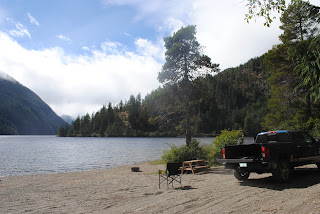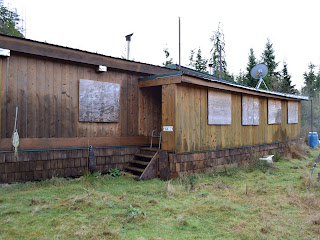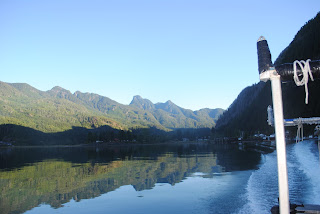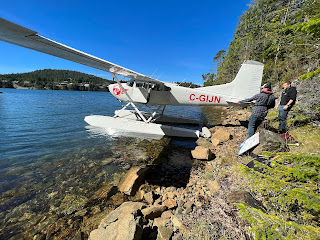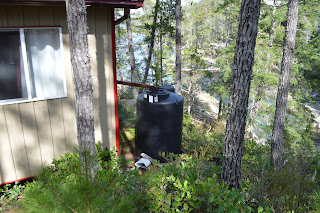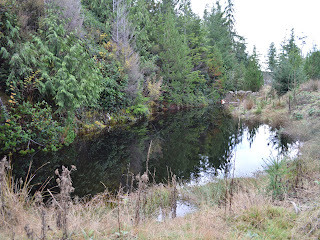If you want to turn on lights, run an electric appliance, etc on a remote or recreational property then you need to know how you're going to bring in the power.
Some properties are close enough to small communities that they can hook into existing BC Hydro power supplies. There are even boat access communities, such as Quatsino on the northwest coast of Vancouver Island, that actually have power from BC Hydro. This is then just like obtaining power for any new property - lines need to be accessed and power brought into the property through coordination with BC Hydro, neighbouring properties and local communities.
For properties beyond the scope of BC Hydro, off-grid options have to be investigated. Many of the older, more established remote properties will have gas generators of some sort, generally using propane. A battery bank is usually used to store power so that the generators aren't running all the time. A system like this requires gas to be brought on to the property, this is frequently done by barge in the island communities and delivery truck if required on some of the ferry-serviced islands or remote road-access areas.
Solar power has become an attractive option for some, and it is not unusual to see a house or cottage with an array of solar panels on the roof, or even standing up on the ground in a particularly sunny location. These solar panel arrays generally supply a battery bank which stores the energy. Some properties will use solar power but keep a gas generator on hand as an emergency back-up system.
Even if solar is the main power source, there may still be gas used for kitchen appliances. This will be stored in a tank on the property and piped in to the required areas. Stoves and fridges are the most common, as well as some heaters.
For properties with access to running water such as a creek there is the option of personal use hydro-power. This requires a license for the water use, and on a good, strong water source can be a great power supply. There are a variety of set-ups depending on the amount of power required.
All of the options have pros and cons when it comes to upkeep, initial cost of installation and materials, efficiency, etc. It requires some good research both on the options and the property itself. At BCO we have a good deal of information on alternative energy and are always looking out for new and innovative ideas in power for remote/recreational properties.





